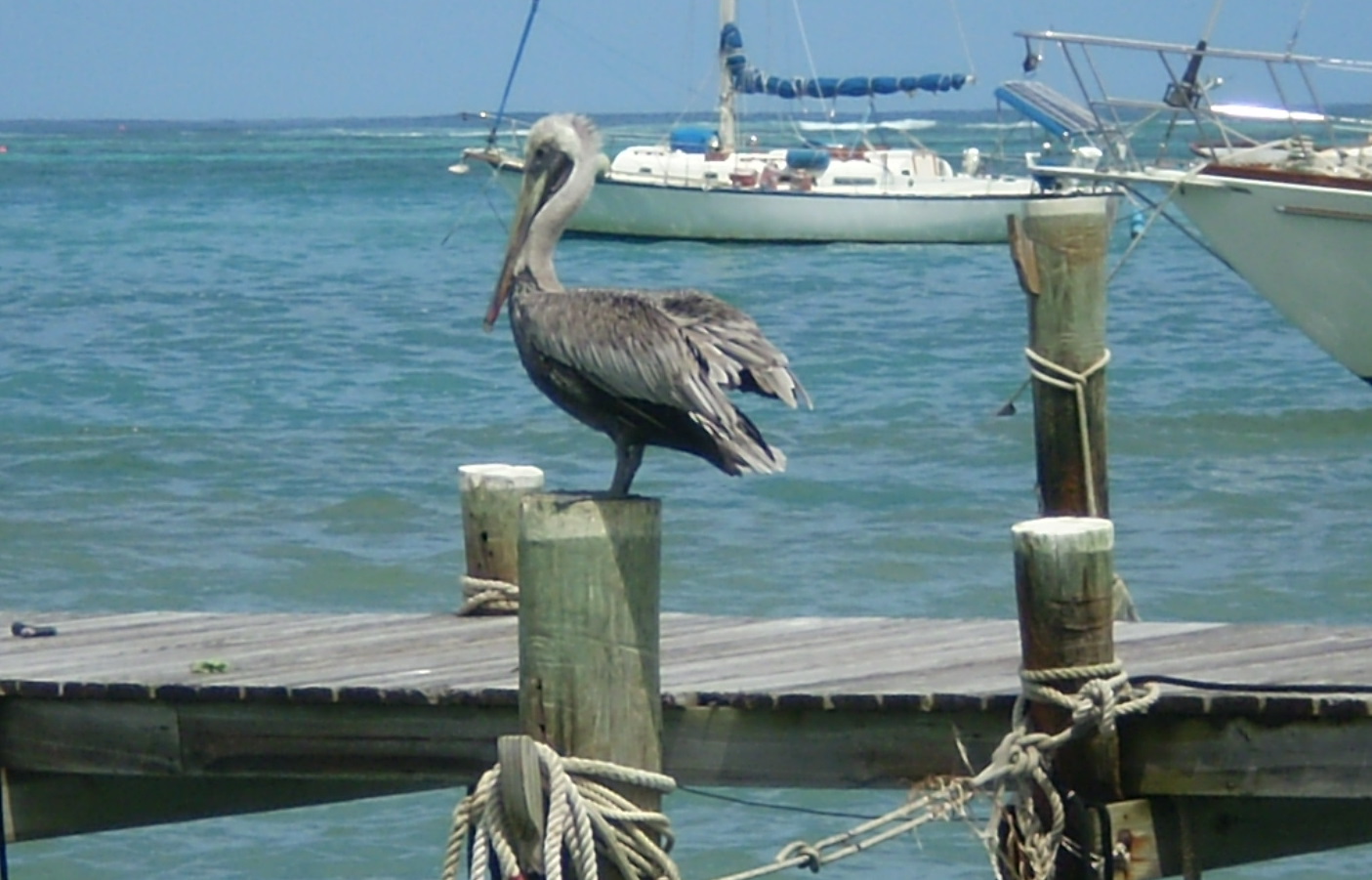After nearly 40 years under federal protection, brown pelican populations have recovered, and the bird has been completely removed from the list of endangered and threatened species, officials from the U.S. Department of Interior announced Wednesday.
The species had been decimated by pesticides, including DDT, and has been protected under a precursor to the Endangered Species Act since 1970.
Interior officials credit a 1972 ban on DDT and careful work by conservation groups, citizens and government with giving the bird a second chance and allowing pelican populations to recover. Now officials say there are more than 650,000 of the birds in Florida, the Gulf and Pacific coasts, as well as throughout the Caribbean and Latin America.
“At a time when so many species of wildlife are threatened, we once in a while have an opportunity to celebrate an amazing success story,” Interior Secretary Ken Salazar said Wednesday. “Today is such a day. The brown pelican is back!”
A common sight in the territory, brown pelicans are known to nest on Buck Island, Green Cay, Salt River, Altoona Lagoon and around St. Croix; at Congo, Dutch Cap, and Whistling cays; and also at Mary’s Point around St. Thomas and St. John, according to the V.I. Department of Planning and Natural Resources.
In 1985 the Fish and Wildlife Service removed the brown pelican populations from the list of endangered species in Alabama, Georgia, Florida, and northward along the Atlantic Coast states, but continued to protect the species under the act in California, Louisiana, Oregon, Texas, Washington, Puerto Rico and the U.S. Virgin Islands. Wednesday’s action removed the remaining population from the list.
Past efforts to protect the brown pelican actually led to the birth of the National Wildlife Refuge System more than a century ago. German immigrant Paul Kroegel, appalled by the indiscriminate slaughter of pelicans in Florida for their feathers, took the issue to then President Theodore Roosevelt, leading Roosevelt to create the first National Wildlife Refuge at Pelican Island in 1903. Today, the system has grown to 550 national wildlife refuges, many of which have played key roles in the recovery of the brown pelican.
With removal of the brown pelican from the list of threatened and endangered species, federal agencies will no longer be required to consult with the Fish and Wildlife Service to ensure any action they authorize, fund, or carry out will not harm the species. However, additional federal laws, such as the Migratory Bird Treaty Act and the Lacey Act, will continue to protect the brown pelican, its nests and its eggs, according to the Department of Interior statements Wednesday.
While wiped from the list, new threats to the pelican still loom, experts say. Rising sea levels, a symptom of global warming, threaten to wipe out huge swaths of the pelican’s coastal habitat, officials said.
“We could lose up to a million acres of brown pelican habitat due to sea-level rise caused by global warming if modeling predictions are right,” said Sam Hamilton, director of the US Fish and Wildlife Service, according to the wire services.
“We will continue to monitor the pelican and its environment to ensure that we will never again see this beautiful bird pushed to the edge of extinction,” he said.
Monitoring will be done in cooperation with mainland state agencies, Puerto Rico, the Virgin Islands, Mexico, other federal agencies, non-governmental organizations, and individuals. The Fish and Wildlife Service is also working with state natural resource agencies, such as DPNR, to develop cooperative management agreements to ensure that the species continues to be monitored, Wednesday’s statement said.






